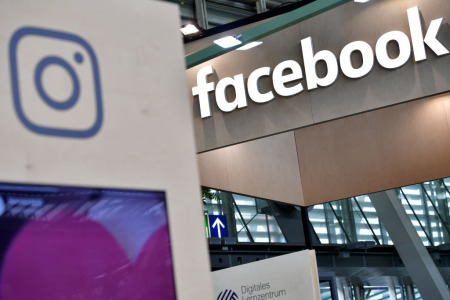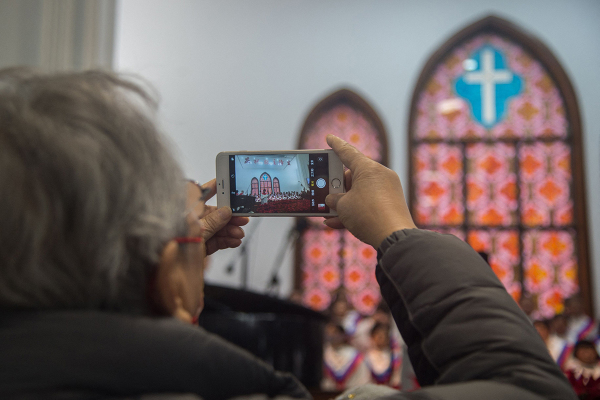Most say 'life was better' before Facebook; over 40% of Gen Z now addicted to social media: poll

Nearly two-thirds of Americans believe “life was better” before social media platforms like Twitter and Facebook were launched, according to a new poll.
Pollster and author John Della Volpe of SocialSphere posted a series of tweets explaining an online survey his group conducted Oct. 8-9 with a sample of 1,638 Americans aged 16 and older.
According to the findings, 64% of respondents believed that “life was better before” social media, with 59% saying it “was better before” Facebook and 49% saying it “was better before” Instagram.
Some 28% of respondents, including 42% of those who were between the ages of 16 and 27, and thus labeled Gen Z, said they were addicted to social media.
The poll also found that many respondents believe social media negatively impacts many aspects of life and that most people support the regulation of social media sites, namely, to protect children and teens.
“Social media users recognize that it has a net negative effect on politics, the media, the country and how we think of ourselves,” tweeted Della Volpe, who is also director of polling at the Harvard Institute of Politics.
“Two-thirds of social media users support government regulation of social media to protect children — including 75% of Democrats and 68% of Republicans.”
In recent years, there has been a growing concern about the harms of social media, especially when it comes to issues of mental health and political discourse.
Last month, Sens. Richard Blumenthal, D-Conn., and Marsha Blackburn, R-Tenn., announced their intention to investigate the extent to which Facebook knows how its platforms negatively impact teenagers.
“It is clear that Facebook is incapable of holding itself accountable,” stated Blumenthal and Blackburn, who serve as chair and ranking member of the Senate Subcommittee on Consumer Protection, Product Safety, and Data Security, respectively.
“When given the opportunity to come clean to us about their knowledge of Instagram’s impact on young users, Facebook provided evasive answers that were misleading and covered up clear evidence of significant harm.”
According to a July 2020 report by the Pew Research Center, individuals who get their news primarily from social media were “less likely to get the facts right about” issues like “the coronavirus and politics,” and were also “more likely to hear some unproven claims.”





















